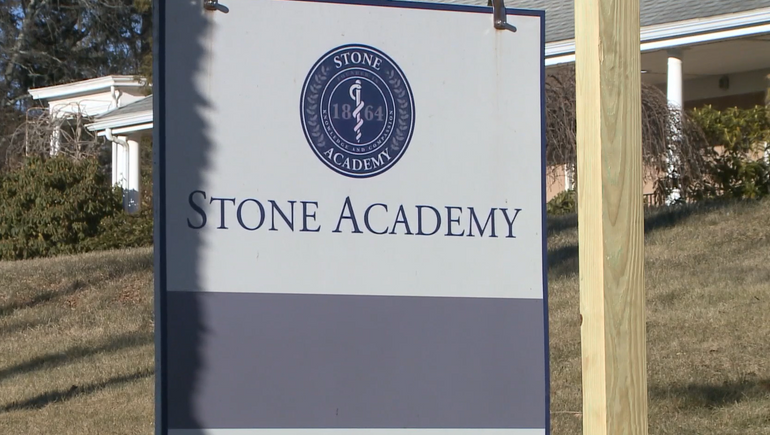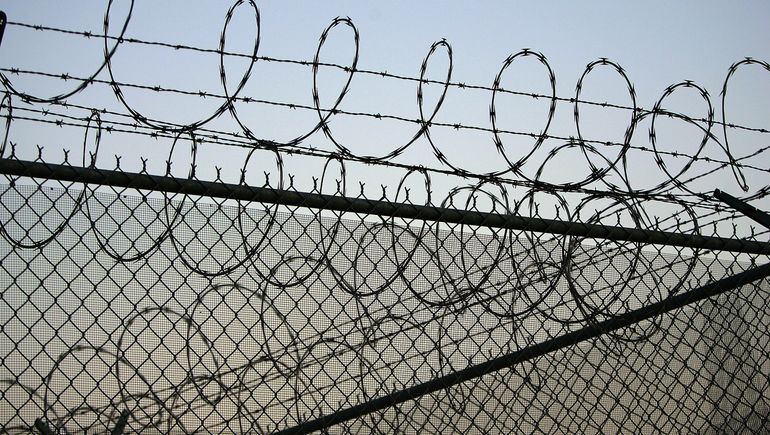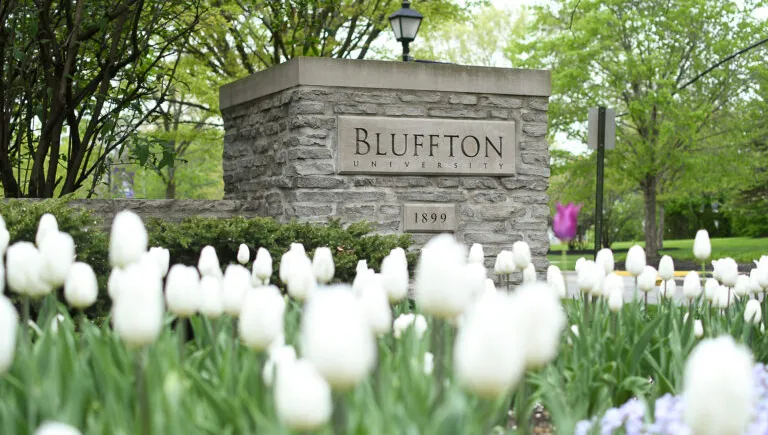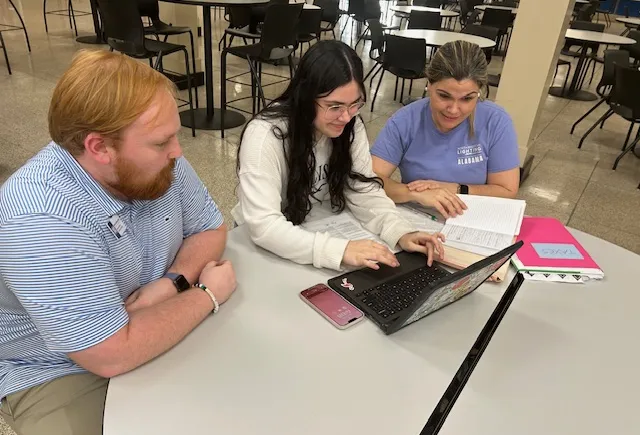[ad_1]
Dive Brief:
- Fitch Ratings issued a deteriorating outlook Monday for U.S. colleges and universities in 2024, citing high labor and wage costs, elevated interest rates and uneven enrollment gains across the sector.
- These challenges will limit colleges’ financial flexibility next year, according to the credit ratings agency. Moreover, Fitch analysts expect only a 2% to 4% uptick in colleges’ net tuition revenue and said tuition increases likely cannot counter rising operating expenses.
- The outlook expects the divide to grow between large selective colleges and their smaller, less selective counterparts. “Flagship schools and selective private institutions are expected to experience relatively steady to favorable enrollment, while some regional public institutions and less-selective private schools in competitive markets have experienced declines,” according to the analysis.
Dive Insight:
Fitch’s gloomy outlook for the higher education sector isn’t much of a surprise, especially after months of headline-grabbing cuts at both larger public universities and smaller private colleges. In addition, several colleges have announced closures this fall, often citing years of enrollment declines and other financial woes.
Analysts expect this type of consolidation will continue, spanning from academic program eliminations to full institutional closures. Efforts to align offerings with the labor market will likely create shorter-term programs more focused on job outcomes, the outlook stated.
The report also suggested that colleges will have little opportunity to increase their tuition revenue.
For one thing, analysts expect rising discount rates to limit tuition revenue growth. The average discount rate for full-time, first-year students at private nonprofit colleges reached a record high of 56.2% in the 2022-23 academic year, according to the National Association of College and University Business Officers.
Tuition rates have also flattened at public colleges, and analysts expect future increases “to remain modest,” according to the report.
“Legislative and public pressures to preserve access and affordability are likely to suppress any meaningful growth prospects,” it stated.
Some enrollment trends also look troubling. Although undergraduate enrollment rose 2.1% in fall 2023 compared to the year before, much of the growth came from short-term offerings and associate degree programs, according to preliminary data from the National Student Clearinghouse Research Center. Further, first-year student enrollment fell 3.6% compared to the year before, with declines concentrated at four-year colleges.
Fitch’s report notes undergraduate enrollment remains 15% below 2010 levels, the most recent headcount peak. Analysts expect enrollment to continue shrinking because of a strong labor market and the resumption of student loan payments.
Another issue is the delayed rollout of this year’s form for the Free Application for Federal Student Aid, or FAFSA. The U.S. Department of Education is planning to release the new version of the form by Dec. 31, about three months later than usual.
This delay is stressing college officials, who must make financial aid offers during a much shorter window than usual. The holdup could also affect enrollment, according to the Fitch report.
[ad_2]
Source link









